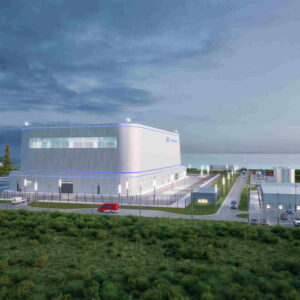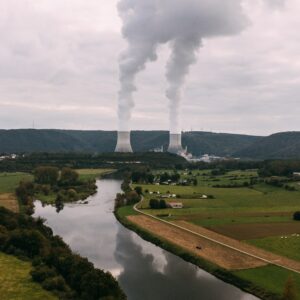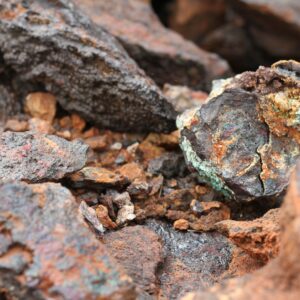The U.S. paper and pulp industry is lobbying President Donald Trump’s administration to ask the EU to declare the United States deforestation-free, a step that could make it easier for exporters to meet the bloc’s new environmental rules. From December, the European Union’s anti-deforestation policy will ban imports of commodities linked to forest destruction. Brussels already delayed the...
Articles from Around the Web
Texas Is Leading in Power Grid Investment
The electric grid has been described as the world’s largest machine. I’d like for you to take a moment to consider the generation and delivery of an electron to your home or business and how incredible today’s electric grid truly is. An electron is created by heat, inversion or friction at a power plant. That...
Why red states are pulling ahead in America’s clean energy race
Renewable energy generation is surging across many of the country’s red-leaning states, positioning some to outpace their bluer peers in a national drive toward grid decarbonization. Their emerging leadership in the area in some ways defies the political battle lines that have been drawn on energy in recent years. On the federal level, Democrats have...
Texas Seeks Primacy For Carbon Capture And Storage Permitting
A coalition of Texas energy and industrial organizations urged the new head of the Environmental Protection Agency (EPA) to swiftly grant the state primacy over carbon capture and storage (CCS) permitting. The groups argue that this shift would stimulate private investment and accelerate the deployment of carbon capture technology. In a letter to EPA Administrator Lee Zeldin,...
Low-Energy Fridays: Do we want energy independence or energy security?
President Donald J. Trump recently announced tariffs on imports, which will cover energy commodities like oil and gas to a certain extent. At a glance, this policy may appear to advance “energy independence,” an agenda Trump favored on the campaign trail—but it’s not quite so simple. Defenders of tariffs on energy would point out that they will reduce...
Chairman Capito Questions CCUS Leaders on USE IT Act Implementation, CCUS Project Permitting
Today, U.S. Senator Shelley Moore Capito (R-W.Va.), Chairman of the Senate Environment and Public Works (EPW) Committee, led a hearing on advancing carbon capture, utilization, and sequestration (CCUS) technologies, and examining the implementation of the Utilizing Significant Emissions with Innovative Technologies Act or USE IT Act. During the hearing, Chairman Capito questioned Kevin Connors, Assistant Director for Regulatory...
India and France sign SMR and AMR partnership letter of intent
French President Emmanuel Macron and India’s Prime Minister Narendra Modi have agreed a Declaration of Intent for establishing a partnership on advanced modular reactors and small modular reactors after talks in France. They also visited the multinational ITER nuclear fusion project. As well as the declaration of intent, the two renewed a memorandum of understanding...
Corning Leads Carbon Capture Innovation with Honeycomb Substrates
As the fight against climate change intensifies, carbon capture technology has become a critical solution for reducing greenhouse gas emissions. Leading this innovation is Corning’s ceramic honeycomb substrate—originally designed to reduce vehicle emissions, now repurposed to capture carbon dioxide (CO2) at an industrial scale. Carbon capture extracts CO2 from the atmosphere or industrial exhaust streams...
Our Energy Crisis Has a Nuclear Solution
America faces an energy crisis. With skyrocketing energy demand and threats of increased blackouts, we’re left with question after question—but nuclear energy may just offer some answers. As promised, President Trump has already embarked on his mission to make the U.S. energy-dominant. To do this, he’s begun work on several key initiatives that will drastically improve...
On Chile’s coast, a rare earths mining operation seeks to uplift locals and counter China
While the hilltop overlook here boasts a splendid view of the Pacific coast, the land all around us is far less impressive. Municipal garbage trucks rumble along gravel roads to an adjacent landfill. Stumps and branches of dead eucalyptus trees form huge piles, refuse left behind by a former commercial forestry operation. Aclara Resources, the...









